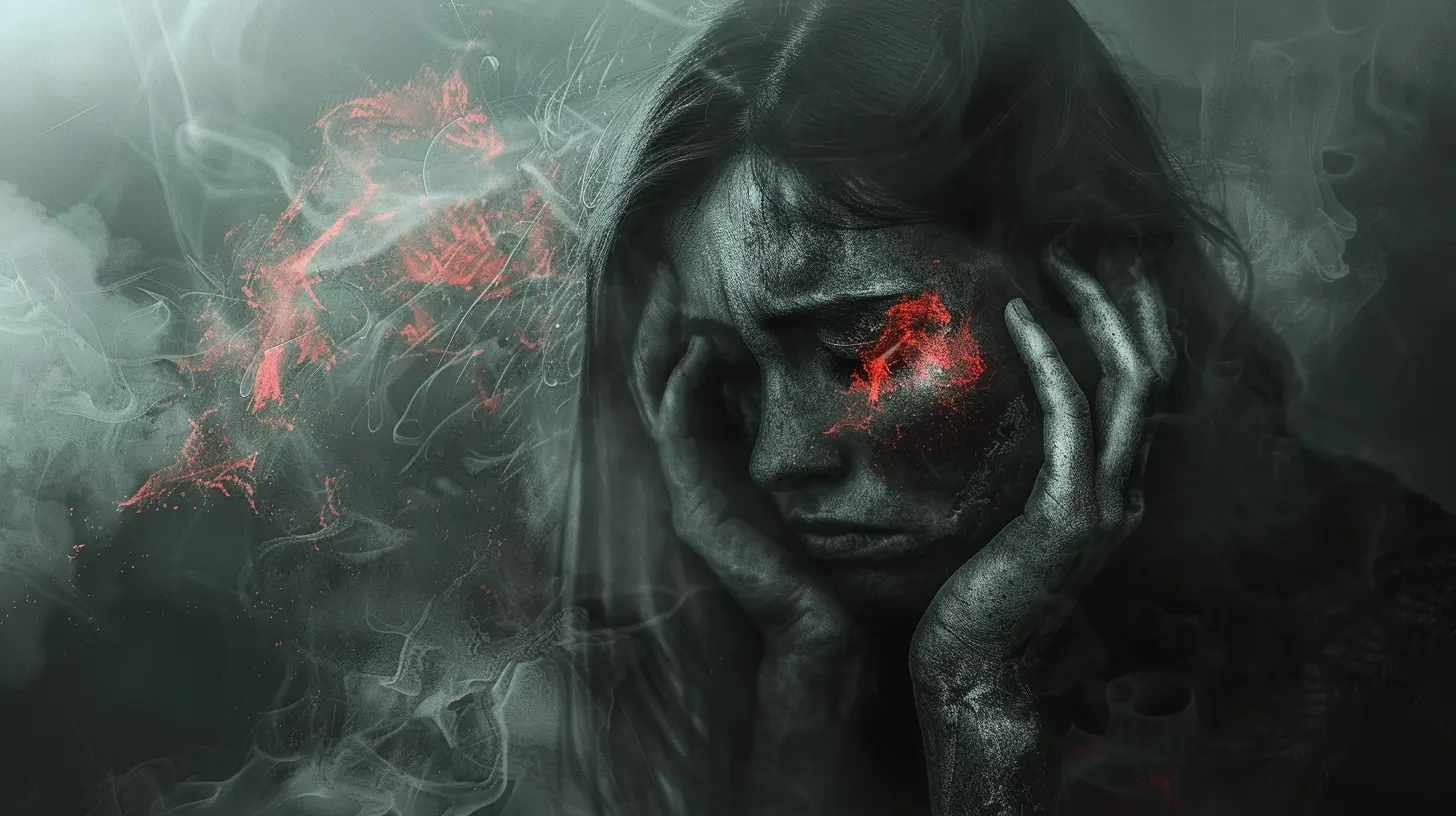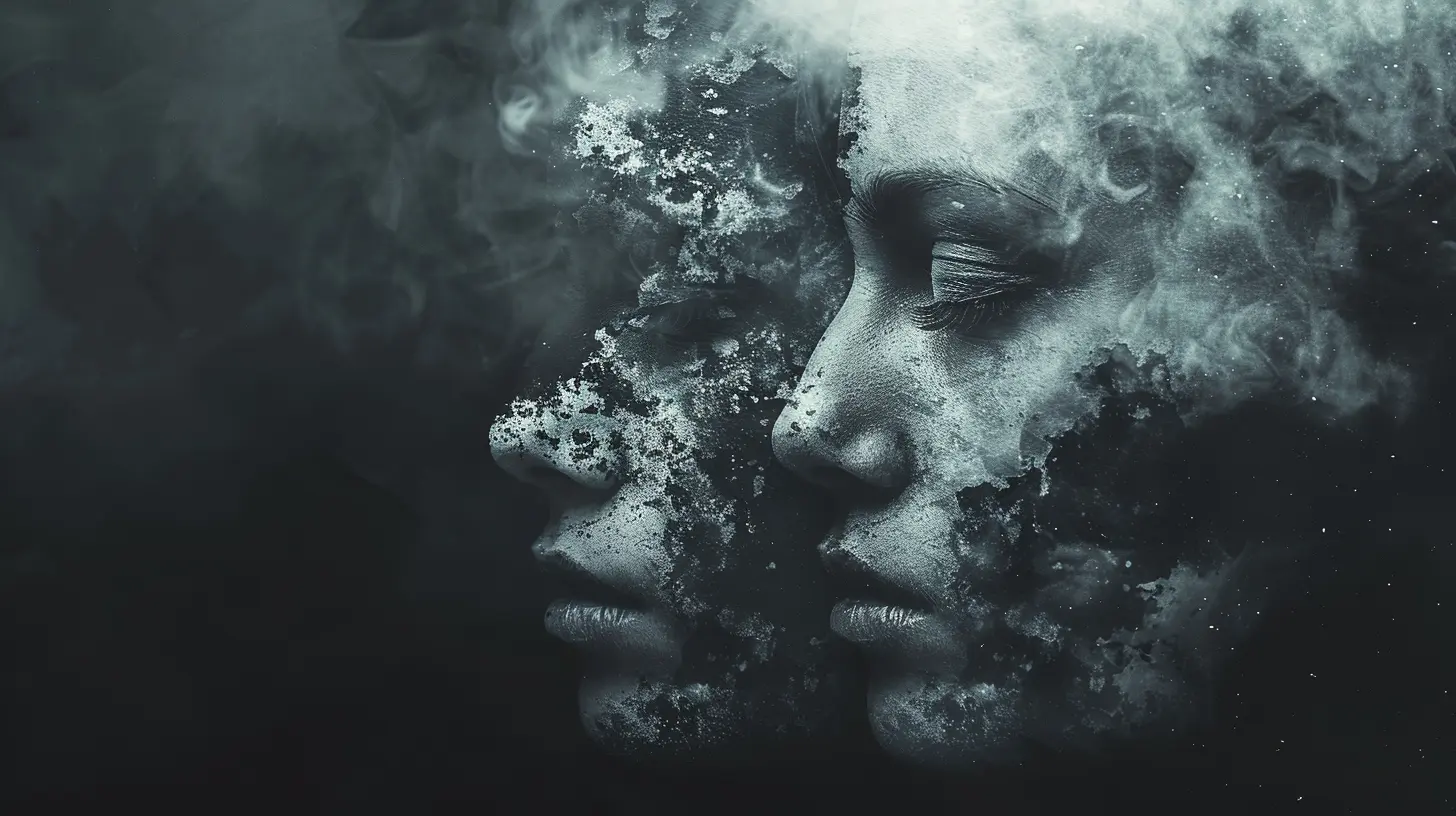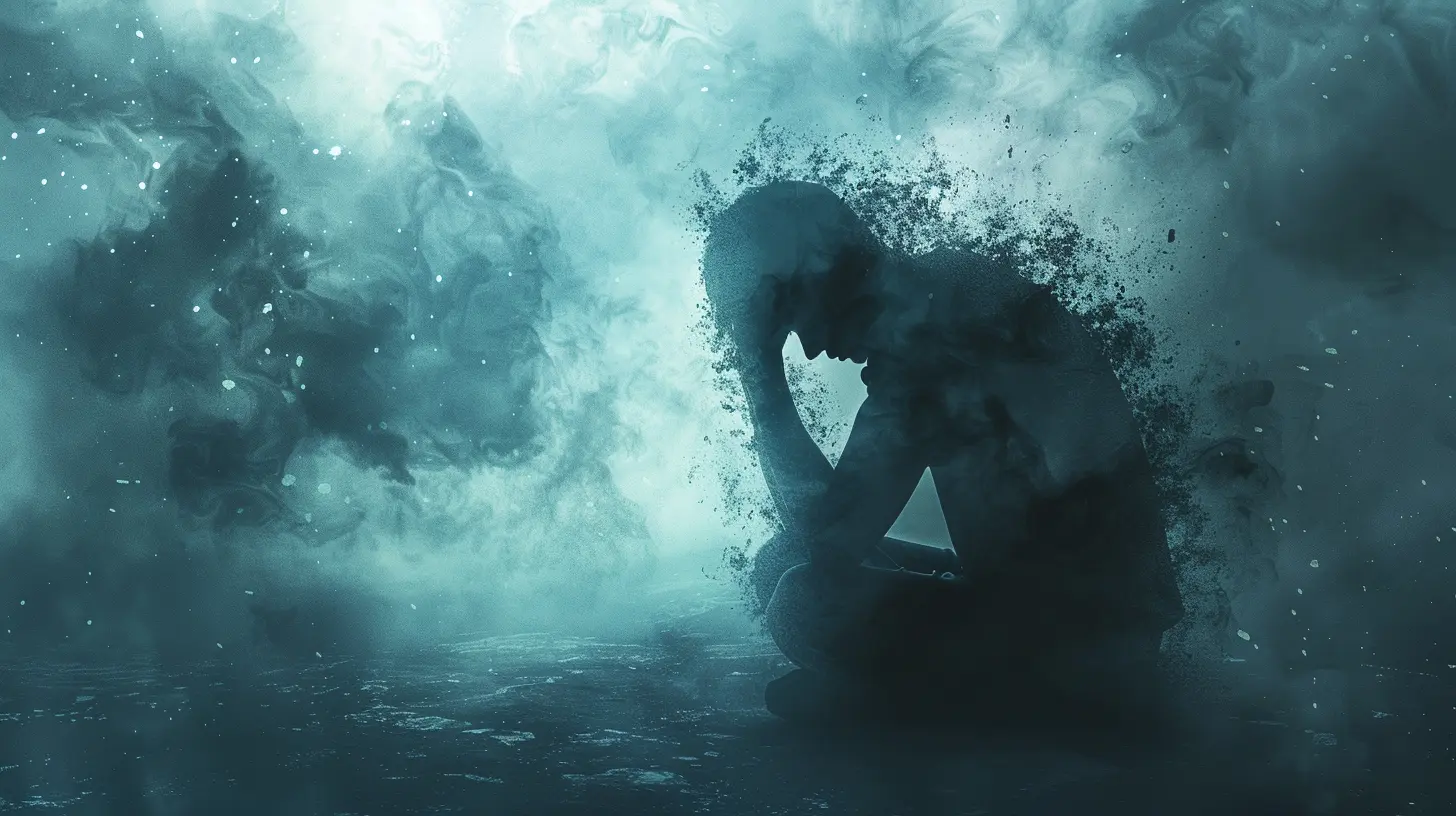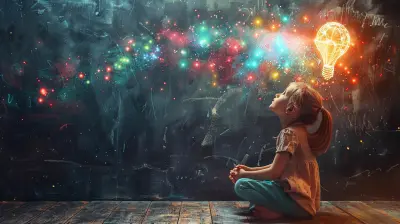The Intersection of Trauma and Depression: Understanding the Overlap
22 October 2025
Life has its ups and downs, but for some people, the downs feel impossible to climb out of. Trauma and depression often go hand in hand, creating a tangled web of emotions that can feel overwhelming. If you’ve ever wondered why past traumatic experiences make depression worse—or why depression feels never-ending after trauma—you’re not alone. Let's break it down and shed some light on this deeply personal and complex connection. 
What Is Trauma?
Trauma is more than just a tough experience—it’s the kind of emotional wound that lingers long after the event itself. It can come in many forms:- Acute Trauma: A single distressing event, like a car crash or assault.
- Chronic Trauma: Repeated exposure to distressing situations, such as ongoing abuse or neglect.
- Complex Trauma: Multiple, compounded experiences of trauma, often occurring over an extended period (e.g., childhood trauma).
When we experience trauma, our brain goes into survival mode. It’s like a fire alarm that never gets turned off. Over time, this constant state of alert can wear a person down, making it incredibly difficult to cope with everyday life—leading to depression. 
What Is Depression?
Depression isn’t just feeling sad—it’s a persistent, deep-seated heaviness that affects every aspect of life. It drains energy, dulls emotions, and makes once-enjoyable activities feel meaningless. Some of its most common symptoms include:- Persistent sadness, emptiness, or hopelessness
- Loss of interest in activities
- Fatigue or lack of energy
- Trouble sleeping or sleeping too much
- Difficulty concentrating
- Feelings of worthlessness or guilt
- Thoughts of self-harm or suicide
Depression is often misunderstood as "just being in a bad mood," when in reality, it’s a serious mental health condition that requires support, compassion, and treatment. 
How Trauma and Depression Are Connected
1. Trauma Alters Brain Chemistry
When you're exposed to trauma, your brain undergoes significant changes, especially in areas like the amygdala, hippocampus, and prefrontal cortex. These regions are responsible for processing emotions, memory, and decision-making.After trauma, the brain’s stress response system stays on high alert, making it harder to regulate emotions and increasing the risk of depression. Think of it like a door left open during a storm—everything outside (stress, negativity) keeps rushing in.
2. Unresolved Trauma Traps You in the Past
For many, trauma keeps replaying like a broken record. Flashbacks, nightmares, and intrusive thoughts can make it feel like the trauma is happening all over again. This can lead to hopelessness—one of the key ingredients of depression.3. Guilt and Shame Become Overwhelming
People who have experienced trauma often blame themselves for what happened, even when it's completely out of their control. This deep-seated guilt can spiral into depression, making it even harder to heal.4. Depression Makes Coping Harder
While trauma makes the brain hyper-alert, depression does the opposite—it makes motivation and energy plummet. When trauma and depression coexist, it can feel like you're stuck in quicksand—pulled in different directions but unable to move forward.
Breaking Free: Coping Strategies That Help
Healing from both trauma and depression isn’t easy, but it is possible. Here are some proven ways to start untangling the connection and finding relief.1. Therapy: Your Best Ally
If you're struggling with both trauma and depression, professional help can make a world of difference. Some effective therapy approaches include:- Cognitive Behavioral Therapy (CBT): Helps challenge negative thought patterns and replace them with healthier ones.
- Eye Movement Desensitization and Reprocessing (EMDR): A powerful therapy designed specifically to address trauma.
- Talk Therapy (Psychotherapy): Sometimes, just having a compassionate listener can help lighten the emotional load.
2. Self-Compassion: Be Kind to Yourself
Would you blame a friend for struggling with trauma and depression? Then why do it to yourself? Healing starts with self-acceptance. Give yourself grace, acknowledge your struggles, and stop judging yourself for how you feel.3. Movement and Exercise
Believe it or not, physical movement is one of the most effective ways to heal both body and mind. Exercise releases endorphins, those feel-good chemicals that combat depression. Even something as simple as a daily walk can start shifting your mood.4. Grounding Techniques
When trauma makes your mind feel stuck in the past, grounding exercises can pull you back into the present:- 5-4-3-2-1 Method: Identify five things you can see, four you can touch, three you can hear, two you can smell, and one you can taste.
- Breathing Exercises: Deep belly breathing can help calm your nervous system.
- Mindful Meditation: Helps focus the mind and reduce stress.
5. Creating a Support System
You don’t have to go through this alone. Surround yourself with people who uplift and support you. Whether it's friends, family, support groups, or online communities—connection is an essential part of healing.6. Medication (If Needed)
In some cases, medication can be a helpful tool in managing depression symptoms, especially when combined with therapy. If you're considering medication, talk to a mental health professional to see if it’s the right choice for you.A Message of Hope
If you’re dealing with both trauma and depression, know this: You are not broken, and you are not alone. Healing isn't a straight path—it’s a journey with ups and downs, but every step forward matters.The pain you feel today does not define the happiness you'll feel in the future. Take it one day at a time, and don’t be afraid to reach out for help when you need it. You are worthy of healing, and you will find your way back to the light.
Final Thoughts
The intersection of trauma and depression can feel like a never-ending battle, but recovery is possible. By understanding the connection between the two, seeking support, and using coping strategies, you can start to reclaim your life.Your past may have shaped you, but it doesn’t have to define you. Keep moving forward—there is hope, and there is healing.
all images in this post were generated using AI tools
Category:
Psychological TraumaAuthor:

Ember Forbes
Discussion
rate this article
1 comments
Veda Snow
This article beautifully highlights the crucial connection between trauma and depression. Understanding this intersection can empower individuals on their healing journeys. Thank you for shedding light on such an important topic—it's a vital step towards compassion and support for those affected.
November 6, 2025 at 5:53 AM

Ember Forbes
Thank you for your kind words! I'm glad you found the article meaningful and important in fostering compassion and support.


